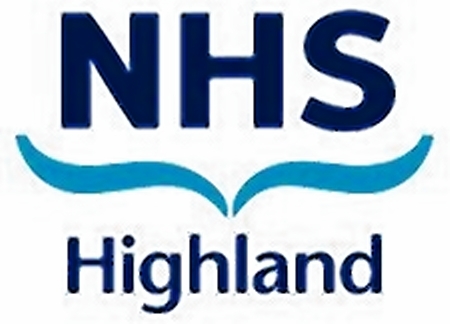Highland health bosses have appointed an analyst in an attempt to halt the march of a potentially deadly hospital infection.
NHS Highland heard yesterday that it was now “very unlikely” that national targets set for cases of Clostridium difficile (C.diff) would be met this year.
The board’s nurse director Heidi May confirmed yesterday that the board had already recorded 66 patient cases of the infection as of November 1.
To meet their target the board cannot exceed 78 cases by the end of March.
Ms May told the board that they did not have an “outbreak situation” but said the reasons for the number of cases were “not clear”.
She said a data analyst had been taken on to study the cases of patients with C.diff to try and identify trends.
So far 44 cases occurred in patients over 65-years-old, with the remaining 22 in people from 15 to 65-years-old.
Nine cases were acquired in hospital, 18 community acquired, 33 linked to other healthcare and the remaining six currently under investigation.
Ms May said: “We don’t have an outbreak situation but we have no one single group of people and there’s no single area affected.
“It’s not clear why the situation is the way it is and that’s a big issue for us.”
Ms May confirmed the appointment of a data analyst, while adding that cleaning policies will be reviewed and confirming that NHS Highland is part of a nationwide project to introduce a new antibiotic Fidaxomicin which could help reduce relapses of the condition.
She added: “There is a huge amount of work being undertaken to reduce the amount of C.diff and everyone remains fully committed to this.”
C.diff is a type of bacterial infection that can affect the digestive system and can lead to potentially life-threatening complications such as severe swelling of the bowel from a build-up of gas.
It most commonly affects people who have been treated with antibiotics.
NHS Highland chairman Garry Coutts said: “It’s a very complex bug and all very complicated and there are various things we can do which might or might not work.
